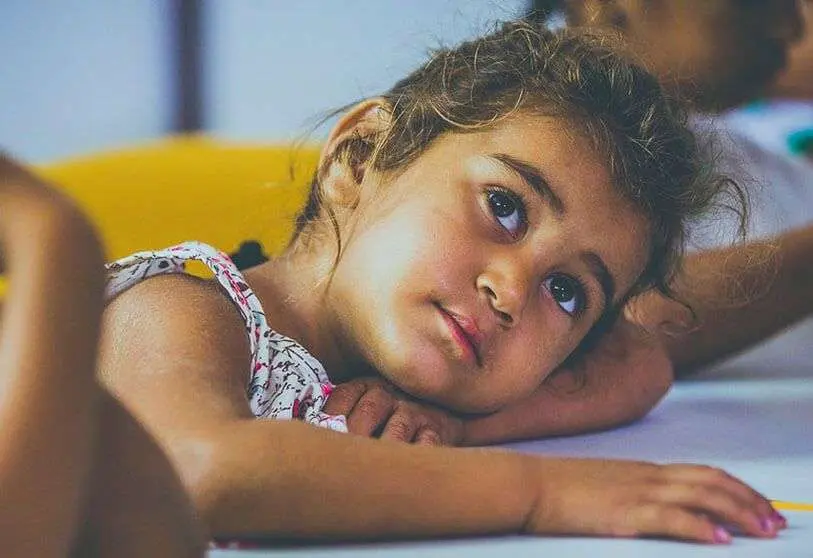UNICEF warns that many of the world's richest countries are failing children

The study is based on the analysis of comparable national data classifying European Union and Organisation for Economic Co-operation and Development countries on children. The analysis seeks to understand what determines the well-being of children in rich countries using data from before the emergence of the COVID-19 and includes a classification table according to children's mental and physical health and their academic and social skills. Based on these indicators, the three best countries for children are the Netherlands, Denmark and Norway.
Gunilla Olsson, Director of the research office, explained that "many of the world's richest countries - which have the resources to provide a good childhood for all - are failing children. “Unless governments take rapid and decisive action to protect child well-being as part of their pandemic responses, we can continue to expect soaring child poverty rates, deteriorating mental and physical health, and a deepening skill divide among children. COVID-19-related support for families and children is woefully inadequate. More needs to be done to provide children with a safe and happy childhood - now".
Mental health: In most countries, less than four-fifths of children, report being satisfied with their lives. Turkey has the lowest satisfaction rate at 53%, followed by Japan and the UK. Children with less supportive families and those who are bullied have significantly poorer mental health. Lithuania has the highest rate of adolescent suicide, followed by New Zealand and Estonia.
Physical health: Overweight and obesity rates have risen in recent years, according to the report. Roughly one in three children in the EU and OECD nations are either obese or overweight, with rates in Southern Europe sharply increasing.
Skills: On average, 40 per cent of children do not have basic reading and maths skills by age 15. Children in Bulgaria, Romania and Chile were deemed the least proficient, while those in Estonia, Ireland and Finland are the most able. In most countries, at least one in five children lack confidence in their social skills to make new friends, with children in Chile, Japan and Iceland listed as the least confident in this area.
Progress in child welfare: On average, 95% of preschool children are enrolled in apprenticeship programmes, and the number of 15-19 year olds not receiving education, employment or training has declined in 30 of 37 countries. However, COVID-19 could rollback these “important gains”. Depending on their policies to support the well-being of children and other factors such as the economy, society and the environment, Norway, Iceland and Finland are the nations with the highest child welfare policies and support framework.
During the first half of 2020, most of the countries included in the report kept schools closed for more than 100 days due to the COVID-19 outbreak, while applying strict home-care measures. The report highlights that "the loss of family members and friends, anxiety, limitations on staying at home, lack of support, school closures, work-life balance, poor access to health care, together with the economic losses caused by the pandemic are catastrophic for the well-being of children, affecting their mental and physical health as well as their development".
UNICEF's recommendations to protect and improve the well-being of children
- Reducing income inequality and poverty so that all children will have access to the resources they need.
- Rapidly address the serious lack of mental health services for children and adolescents.
- Expand family life support policies to improve work-family balance, especially access to quality, flexible and affordable childcare.
- Strengthen measures to protect children from preventable diseases, in particular by reversing recent declines in measles immunization.
- Improve policies on COVID-19 for families with children and ensure that budgets that support the well-being of children are fully protected from austerity measures.








